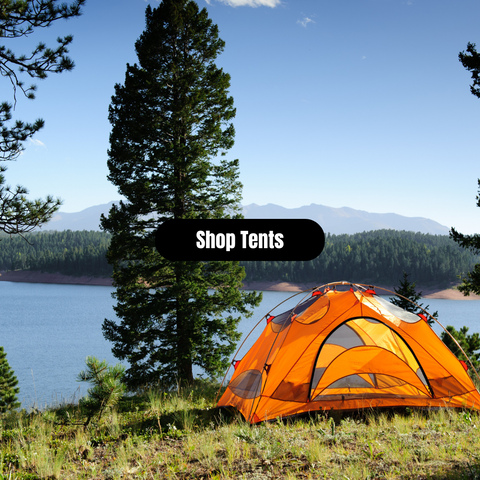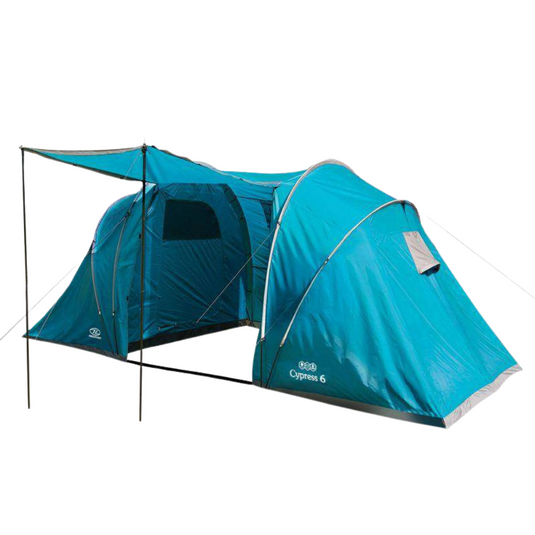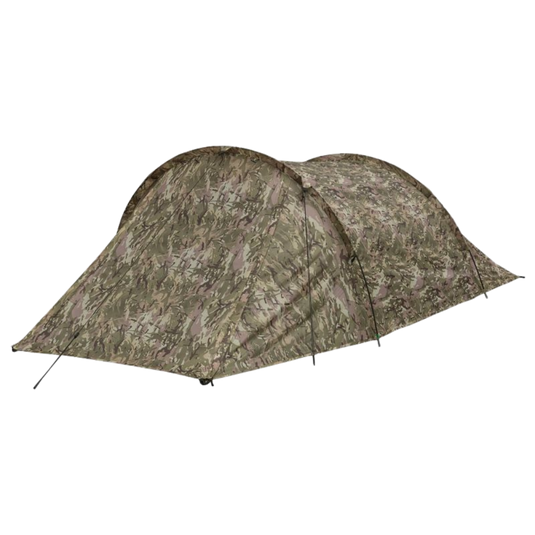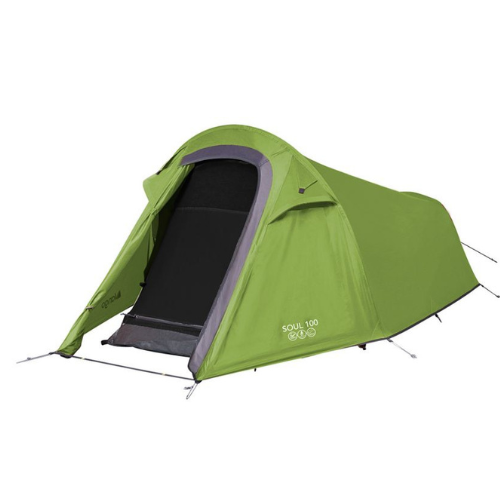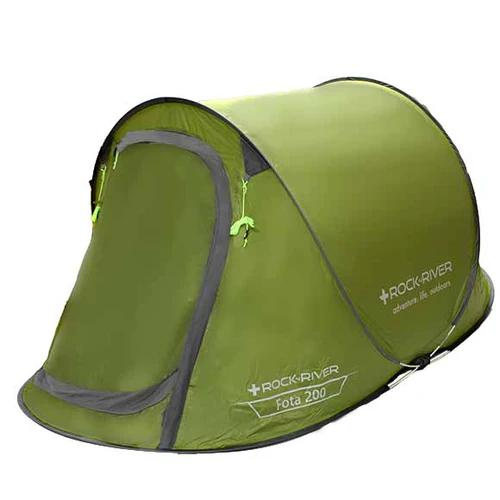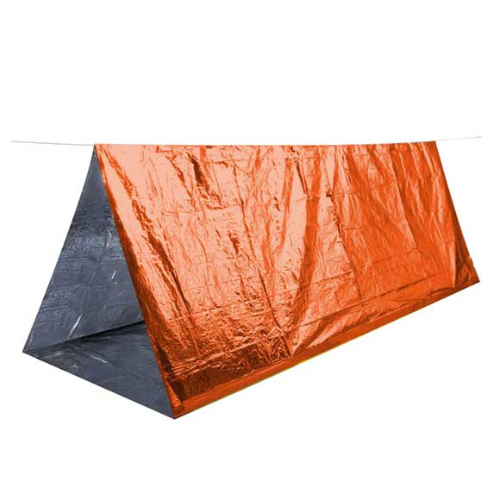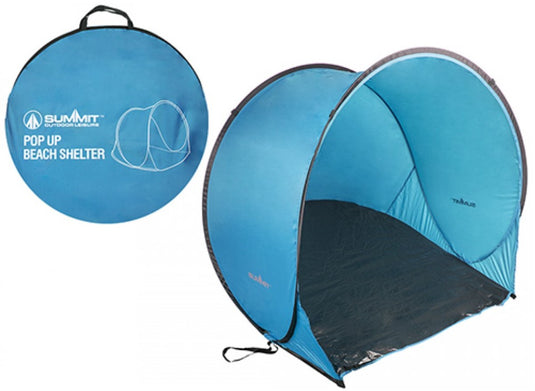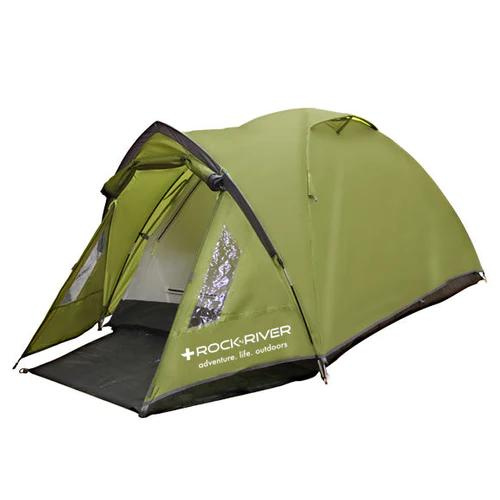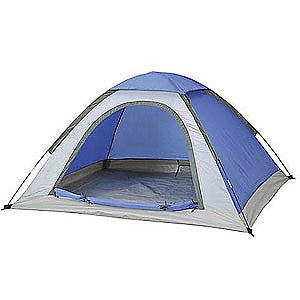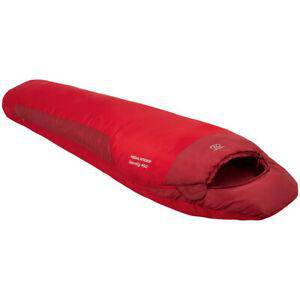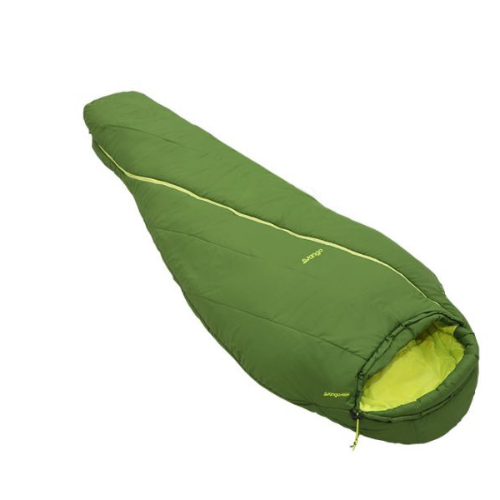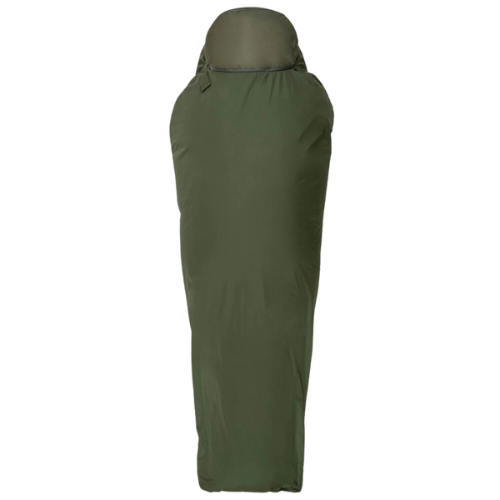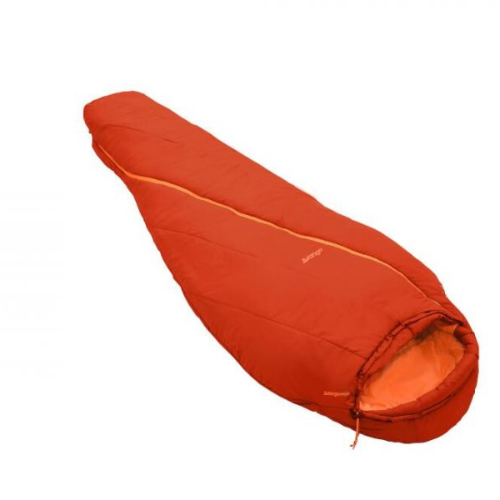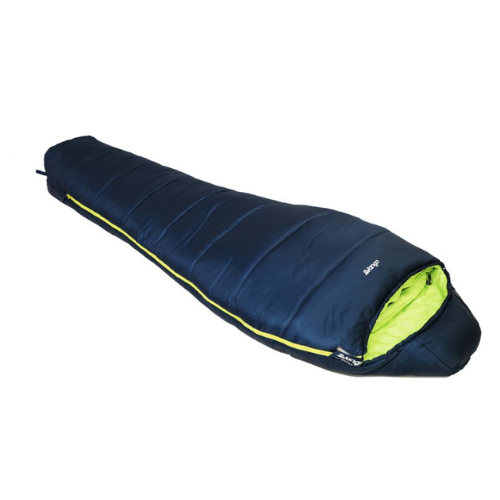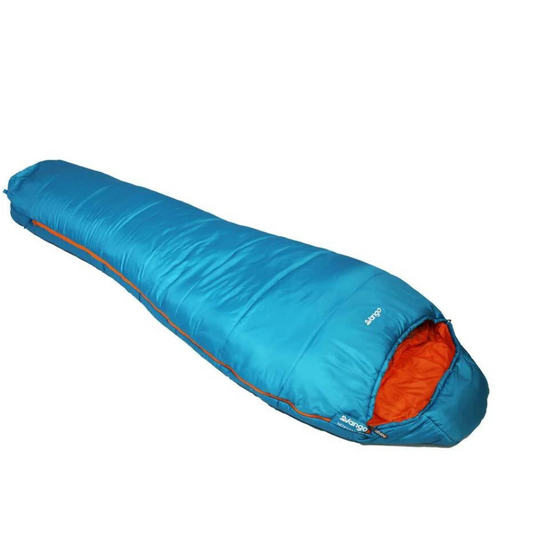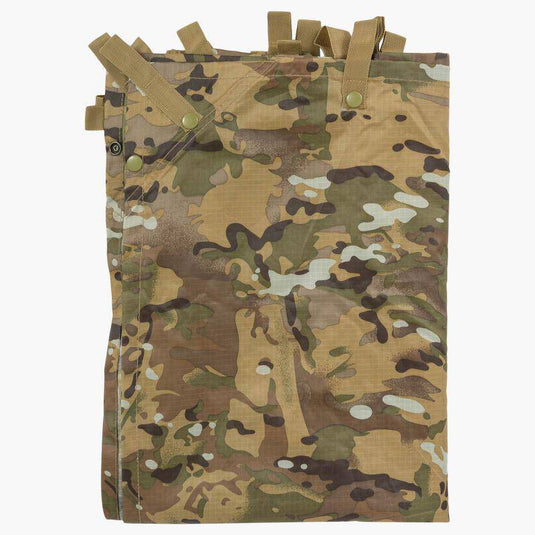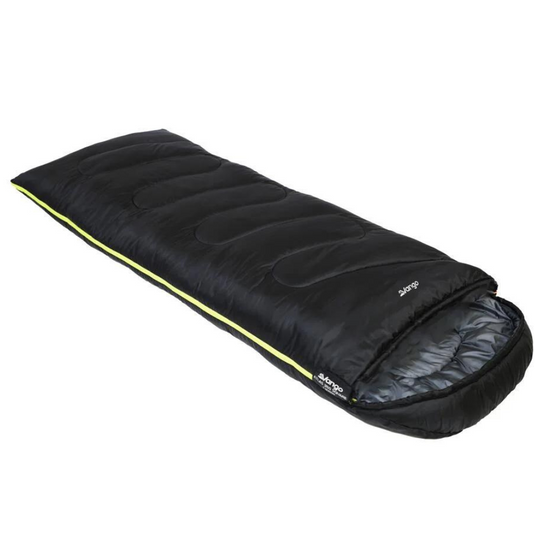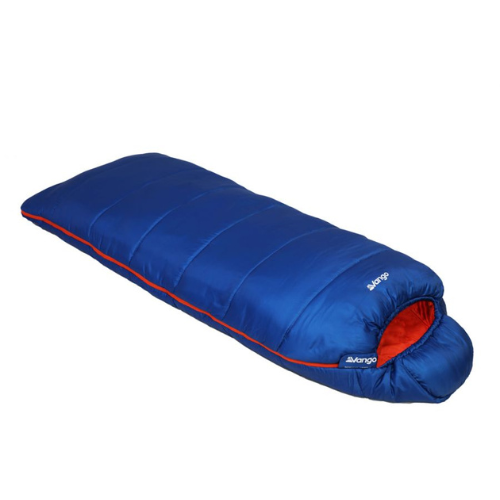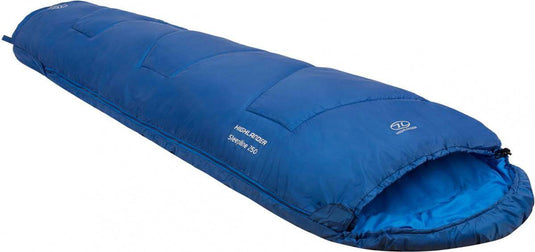Camping Tents and what you need to know before buying one
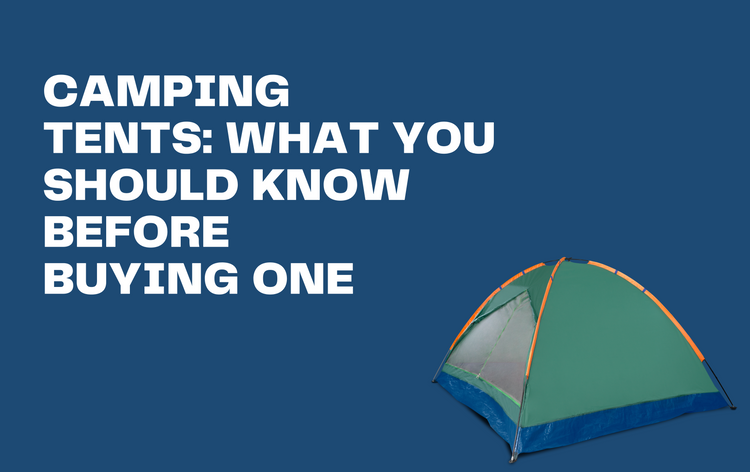
Choosing the Right camping Tent for you
Whether you're a seasoned camper or gearing up for your first outdoor adventure, selecting the right camping tent can significantly enhance your experience. With the vast array of options available, the choice can be overwhelming. However, by considering a few key factors, you can find a tent that perfectly suits your needs. Here’s what you need to know when buying a camping tent.
1. Capacity: Size Matters
The first consideration is the tent's capacity. Think about the number of people who will typically sleep inside. Tents are usually marketed as one-person, two-person, and so on, but it's essential to check the tent's dimensions. Remember, space for sleeping doesn't necessarily account for your gear. If you prefer extra room, or if you'll be camping with pets or a lot of equipment, consider sizing up.
2. Seasonality: Weathering the Elements
Tents are categorized based on the seasons they're designed for.
- Summer Tents: These are lightweight, with a lot of mesh for ventilation but not much protection from the elements.
- Three-Season Tents: Designed for spring, summer, and fall, these tents can handle rain and light snow. They strike a good balance between ventilation, warmth, and durability.
- Four-Season Tents: Built to withstand harsh winter conditions, four-season tents are the most durable, featuring sturdy frames and less mesh. They're excellent for mountaineering or winter camping.
3. Weight: The Backpacker’s Dilemma
If you'll be backpacking, the tent's weight is a crucial consideration. Ultralight tents are available but can be pricier. Balance the importance of weight against durability and space. Remember, the weight listed often does not include stakes, footprint, or sometimes even the poles.
4. Ease of Setup: Time is of the Essence
Nobody wants to spend hours setting up a tent, especially after a long hike. Look for tents that are intuitive to set up. Freestanding tents are generally easier and quicker to pitch as they don't require stakes to stand. However, do practice setting up your tent at home before you venture out.
5. Durability: Built to Last
The durability of a tent is determined by its materials and construction. Higher-denier fabric canopies and rainflies are more robust and more water-resistant. Additionally, aluminum poles are typically sturdier than fiberglass. A well-made tent can last for years, so consider it an investment.
6. Ventilation: Breathe Easy
Proper ventilation is vital to prevent condensation inside the tent. Look for tents with ample mesh panels, which allow for airflow. Ventilation is especially important in humid conditions or when camping with multiple people.
7. Additional Features: The Little Things
Finally, consider the additional features that can make or break your camping experience. These might include:
- Vestibules / Gear Lofts: For storing gear outside the sleeping area.
- Interior Pockets: Helps keep small items organized.
- E-port: Allows you to run a power cord into your tent.
- Quality Zippers: Ensure they open and close smoothly to avoid frustration.
Conclusion
Choosing the right camping tent involves balancing your needs for space, weather resistance, weight, ease of setup, durability, and ventilation. It's also worth considering the extra features that can enhance your camping experience. With the right tent, you can enjoy a comfortable, safe, and enjoyable adventure in the great outdoors. Remember, a good tent is an investment in many nights of adventure, so choose wisely and happy camping!

